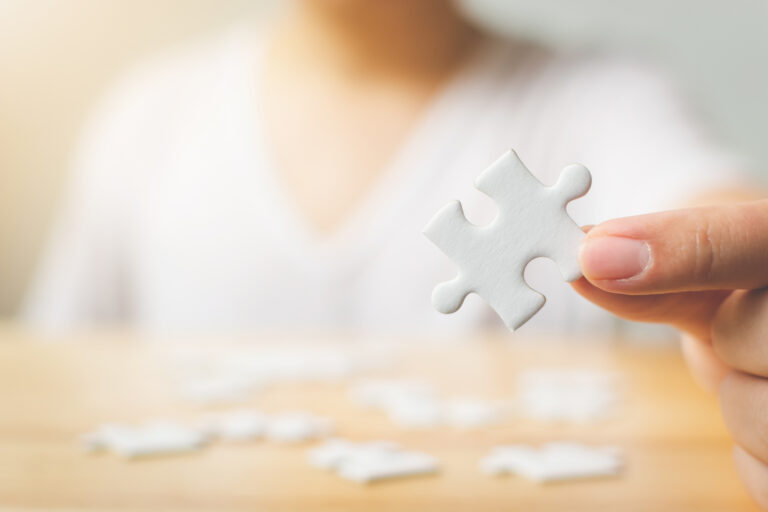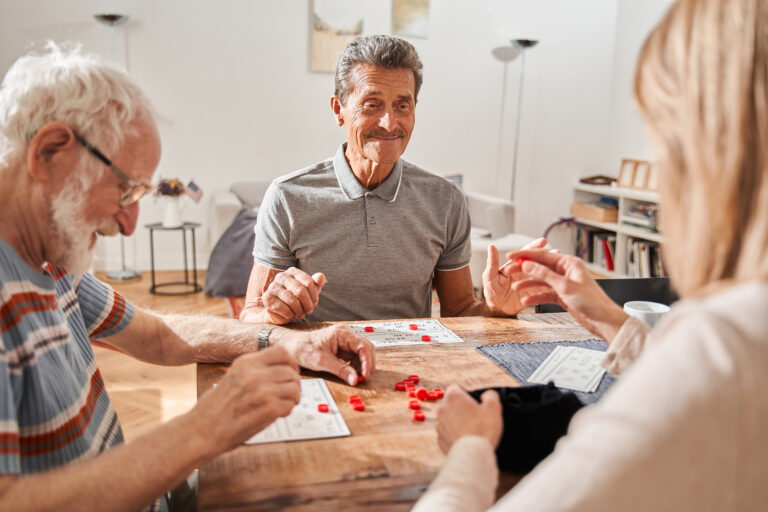Technology is everywhere, and it’s hard to imagine life without our phones, tablets, or computers. But when it comes to sleep, too much technology use—especially before bedtime—can make it harder to fall asleep and reduce the quality of rest we get.
One big reason is the light from screens. The blue light emitted by devices tricks our brains into thinking it’s still daytime. This suppresses melatonin, the hormone that helps us feel sleepy. So even if you’re tired, your body might stay alert longer than it should because of screen exposure.
Another problem is how technology can keep our minds active right before bed. Watching videos, scrolling social media, or playing games can be very engaging and make it difficult to wind down. Sometimes people lose track of time while using their devices and end up going to bed later than planned.
To manage technology use for better sleep:
– **Set a “tech curfew”**: Try turning off all screens at least 30 minutes to an hour before bedtime. Use this time for relaxing activities like reading a book (on paper), gentle stretching, or listening to calming music.
– **Create a bedtime routine without screens**: Establish habits that signal your body it’s time for sleep—like dimming lights or doing breathing exercises—to help you relax naturally.
– **Use night mode settings**: Many devices have settings that reduce blue light in the evening by shifting screen colors toward warmer tones; this can lessen some impact on melatonin production.
– **Keep devices out of the bedroom**: Charging phones outside your sleeping area reduces temptation and prevents disruptions from notifications during the night.
– **Consider sleep tech wisely**: Some gadgets like smart mattresses or sleep trackers provide insights about your patterns but avoid using them as entertainment right before bed—they should support relaxation instead.
By being mindful about when and how we use technology in relation to bedtime, we give ourselves a better chance at falling asleep faster and enjoying deeper rest through the night. It’s about balancing modern convenience with simple habits that respect our natural rhythms so we wake up feeling refreshed rather than tired from screen overload.





